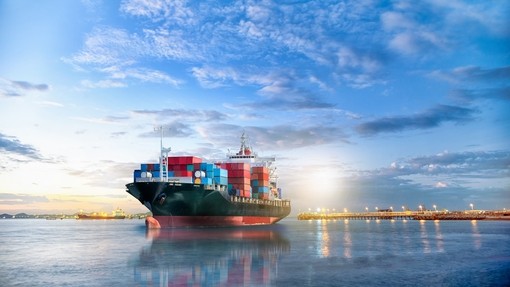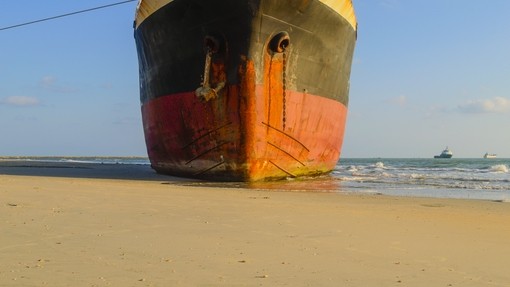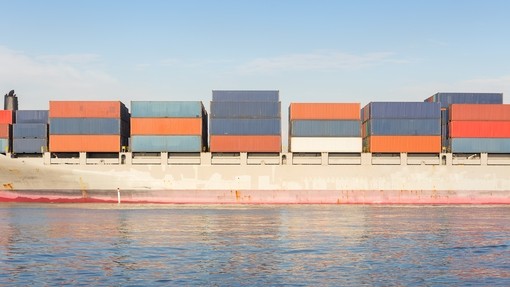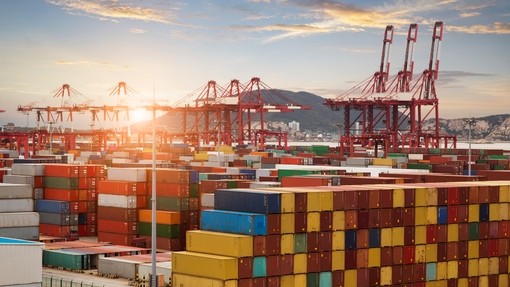Decarbonisation and shipping: The UK’s position on greenhouse gas emissions from shipping
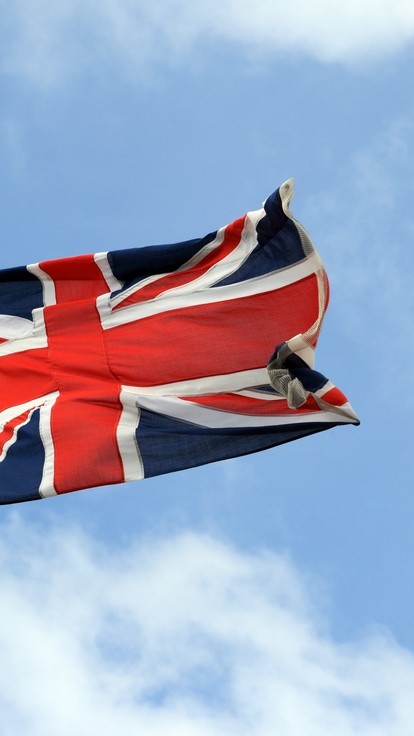
Details
In January 2019, the UK government published Maritime 2050 – the government’s strategic vision for the future of the British maritime sector. In relation to greenhouse gas (GHG) emissions from shipping, Maritime 2050 set out that:
‘In 2050, zero emission ships are commonplace globally. The UK has taken a proactive role in driving the transition to zero emission shipping in UK waters and is seen globally as a role model in this field, moving faster than international standards. As a result, the UK has successfully captured a significant share of the economic, environmental and health benefits associated with this transition.’
As a route map to accomplishing this vision, the government published in July 2019 the Clean Maritime Plan, a plan it had initially committed to producing pursuant to its Clean Air Strategy of January 2019.
The Clean Maritime Plan (details below) strives to create an environment in which clean maritime technologies and practises can develop and thrive. What it does not do, is regulate GHG emissions from shipping in the UK.
To some extent, this is surprising, given that regulation is an effective method of bringing about change, and could significantly contribute to achieving reductions in emissions in line with the vision of Maritime 2050. However, for reasons which may be related to domestic economics and a preference for international regulations, it appears that the UK, at least for the time being, prefers to avoid developing regulations in this area.
Domestic and international regulation
The Climate Change Act 2008, which deals with reducing GHG emissions from the UK, notably does not include emissions from either international shipping or international aviation. When the Act was first passed, its target was to ensure that the net UK carbon account for 2050 was at least 80% lower than the 1990 baseline. In 2019 the government amended the target to 100%, stating that significant developments in scientific knowledge about climate change made it appropriate to do so. However, despite recommendations by UK’s Committee on Climate Change in 2019, that emissions from international shipping and aviation be included in the Act’s targets, the government declined to amend the Act in this manner, stating that emissions from international shipping and aviation are global issues requiring global solutions.
From where might global regulatory solutions stem?
At international level, the UK is a member state of the International Maritime Organization (IMO), and has been since 1949. The UK is therefore party to the IMO’s Initial Strategy on the reduction of GHG emissions from ships and the UK’s shipping fleet is subject to the IMO measures developed under the Initial Strategy, as is most of the world’s shipping fleet. See our article for details. The IMO is therefore a source of global regulation addressing emissions from international shipping. However, as a member organisation operating by consensus it can be difficult for the IMO to develop regulations at the speed that individual member states can.
The EU, frustrated with the pace of the IMO, has recently surged forward with its own regulations for GHG emissions from shipping, voting to include emissions from shipping in the EU Emissions Trading Scheme from 1 January 2022 onwards. See our article for details. However, as the UK recently left the EU, modifications to EU Regulations in this area will not apply to the UK and emissions from international shipping in the UK will not be included within the EU ETS. Furthermore, although the Brexit deal requires that emissions from aviation be included in a UK carbon pricing scheme within the next two years, the deal does not include any such requirement for emissions from shipping.
Another source of global regulation is international treaties. In the area of climate change, the 2015 Paris Agreement, which the UK has ratified, requires party states to make ‘ambitious efforts’ to prevent global temperature increases from exceeding 2°C above pre-industrial levels, to pursue efforts to keep the increase below 1.5°C, to reach peak GHG emissions as soon as possible, and to reach net zero emissions within the second half of this century. See our article for details. It is open for debate whether the UK’s apparent disinclination to directly regulate GHG emissions from international shipping is in line with the ‘ambitious efforts’ required by the Paris Agreement. The Paris Agreement does not set legally binding emissions reductions targets for individual countries, and leaves party states wide discretion as to how to work towards limiting global temperature increases. However, as the UK has set itself up as a leader in this area (the UK government stated that the Clean Maritime Plan makes the UK one of the first countries since the agreement of the IMO Initial Strategy to publish a national action plan), it will be interesting to see whether the UK government does introduce direct regulation of GHG emissions from international shipping in the future, or whether it waits for further regulations to emerge via the IMO.
The Clean Maritime Plan
With the 2050 zero emission vision at its centre, the Clean Maritime Plan sets out how the government sees the UK’s transition to a future of zero emission shipping. In particular, in order to reach the 2050 vision, the Clean Maritime Plan sets out a number of ambitions.
By 2025, the UK government expects that:
- All vessels operating in UK waters are maximising the use of energy efficiency options. All new vessels being ordered for use in UK waters are being designed with zero emission propulsion capability. Zero emission commercial vessels are in operation in UK waters.
- The UK is building clean maritime clusters focused on innovation and infrastructure associated with zero emission propulsion technologies, including bunkering of low or zero emission fuel.
By 2035, the UK government expects that:
- The UK has built a number of clean maritime clusters. These combine infrastructure and innovation for the use of zero emission propulsion technologies. Low or zero emission marine fuel bunkering options are readily available across the UK.
- The UK Ship Register is known as a global leader in clean shipping and the UK is home to a world leading zero emissions maritime sector with:
(a) a strong UK export industry
(b) cutting-edge research and development activities
(c) the global centre for investment, insurance and legal services related to clean maritime growth.
The Clean Maritime Plan also sets the following key policy commitments, which aim to support the UK maritime sector as it as it moves towards the 2050 vision:
- Government will launch a call for evidence in 2020 on non-tax incentives to support the transition to zero emission shipping.
- Government will consult in 2020 on how the Renewable Transport Fuel Obligation could be used to encourage the uptake of low carbon fuels in maritime.
- Government will launch a ‘greening finance/financing green’ for maritime initiative at London International Shipping Week 2019.
- In conjunction with a working group as part of the Clean Maritime Council, government will undertake a study to identify and support UK zero emission shipping clusters.
- Government will support clean maritime innovation in the UK, beginning with: (i) providing seed funding to contribute to the establishment of MarRI-UK; (ii) funding a competition for innovation in clean maritime in 2019; (iii) launching a round of government grant support for early stage research projects related to clean maritime; and (iv) establishing a Clean Maritime Award to celebrate leaders in the field of emissions reductions.
- The government will establish the Maritime Emissions Regulation Advisory Service (MERAS) by 2020. Supported by the Maritime and Coastguard Agency, MERAS will provide dedicated support to innovators using zero emission propulsion technologies, assisting them through the regulatory process.
Impact on shipping
The UK government has already taken a number of steps towards meeting the commitments of the Clean Maritime Plan. For example, commissioning a study to identify shipping clusters across the UK with the potential to act as supply or demand hubs for low or zero emission propulsion options. In addition, a total of £1.4 million has been award to 10 organisations, as part of the Clean Maritime Call, a MarRI-UK initiative to help find innovative ways to develop technology and assist the transition to a zero emission shipping future.
However, the government has not made as much progress under the Plan as originally envisaged, possibly due to the impact of the COVID-19 pandemic. For example, the government does not appear to have launched its call for evidence on non-tax incentives to support the transition to zero emission shipping. In addition, when questioned in November 2020 about plans to use the Renewable Transport Fuel Obligation to encourage the uptake of low carbon fuels in the shipping industry, the government responded that it plans to consult on this soon, suggesting work on this did not get underway within the originally envisaged timeframe.
There is no doubt that the vision, ambitions and commitments of the Clean Maritime Plan will have an impact on shipping, but, at the moment, it is not clear how significant these will be, or when.
For example, we will have to wait to see whether:
- There are consequences for ship-owners and/or charterers who, by 2025, have vessels operating in UK waters that are not maximizing the use of energy efficiency options;
- it becomes mandatory, by 2025, that all new vessels ordered for use in UK waters are designed with zero emission propulsion capability;
- any new incentives introduced to support the transition to zero emission shipping benefit ship-owners and/or charterers; and/or
- in the future, there will be fewer finance options available in the UK for projects that are not aligned with the vision, ambitions and commitments of the Clean Maritime Plan.
As for those looking at investing in technology to meet the stated ambitions, they may find that, in the absence of compelling regulation, the position is finely balanced. Those who go early may find that the technology they invest in is superseded by newer technology and/or that the ambition does not translate into regulation, such that the investment is economically questionable. Conversely, those who delay may find that regulation comes in, swiftly at a domestic level, which they are unable to meet. As the UK may end up being an outlier relative to the European position, a pragmatic answer for ship owners who trade in EU and UK waters will be to stay in line with EU regulations, given that the UK position, on present form, is unlikely to impose a greater regulatory burden
For the time being, the impact of the Clean Maritime Plan on shipping appears relatively limited. Although the Plan puts in place an encouraging framework of support, it appears to rely on the desire and initiative of the industry to accomplish change, and there do not appear to be any material consequences for continuing with ‘business as usual’. Considering that the level of ambition of the Plan is high, and that the 2025 ambitions are to be accomplished within the next four years, it will be interesting to see whether the UK government does develop its approach by introducing domestic regulation in this area, or whether it continues to look to the IMO to regulate on these issues.
Upcoming
In our next article, we will be looking at the updates to ship efficiency measures coming out of the Marine Environment Protection Committee’s (MEPC) 75th meeting, which took place from 16 to 20 November 2020.

